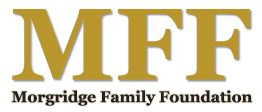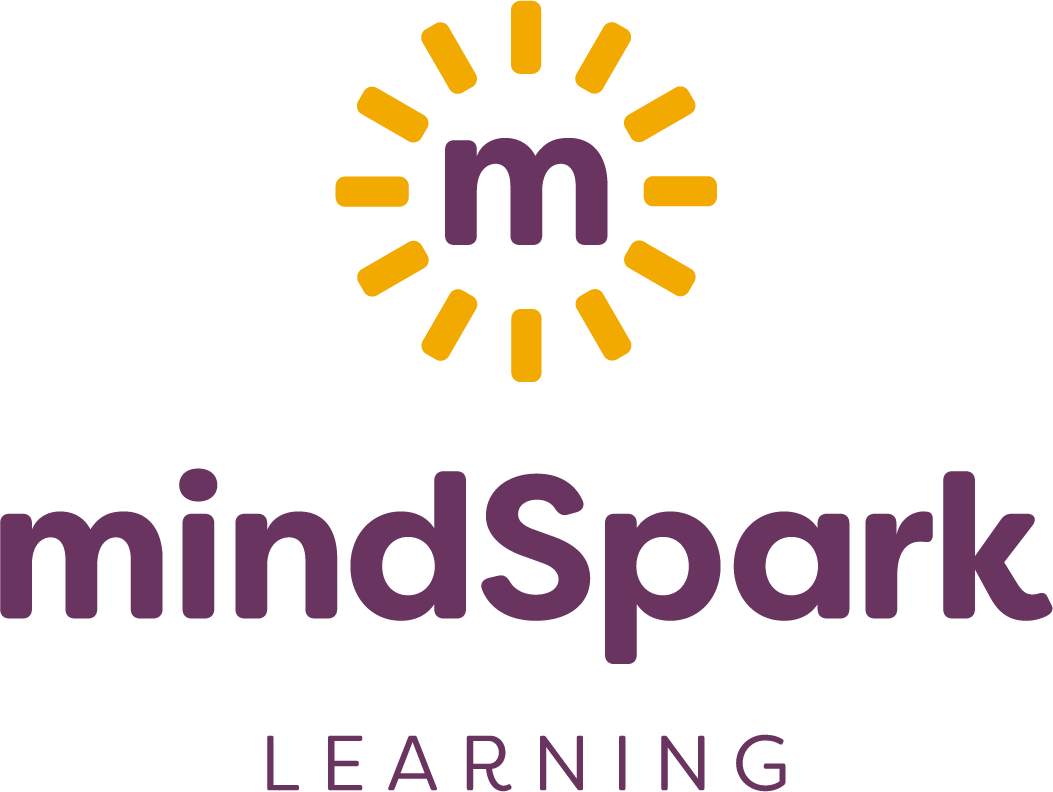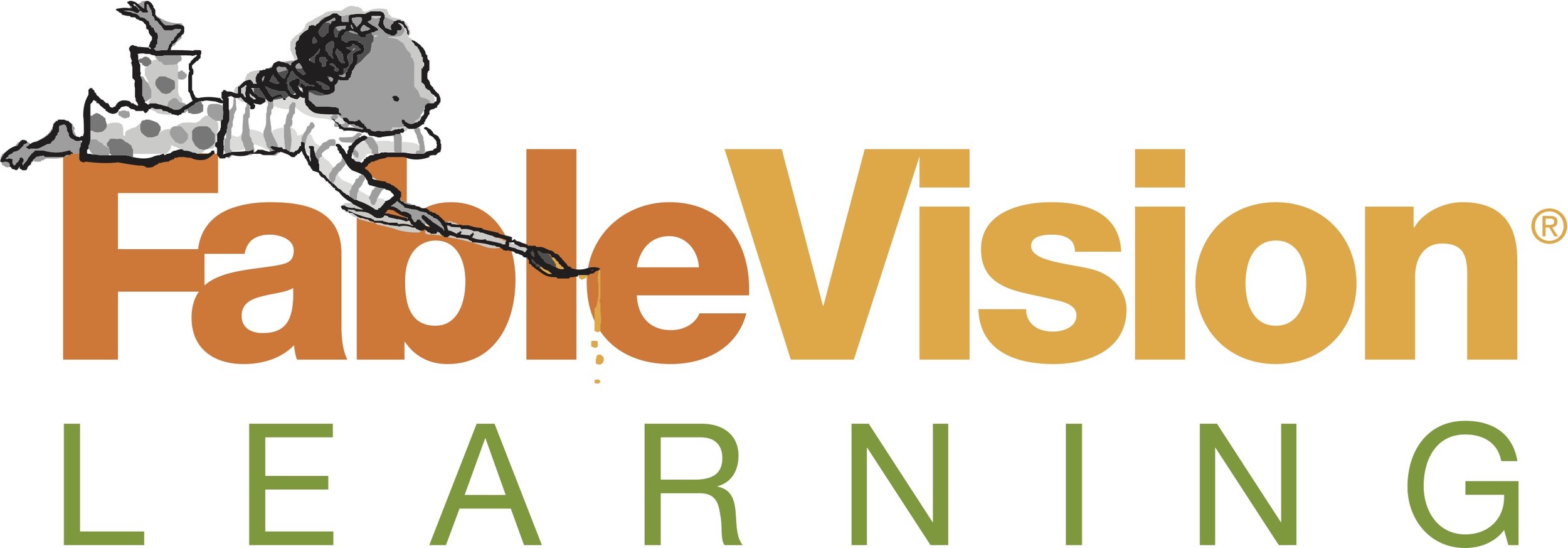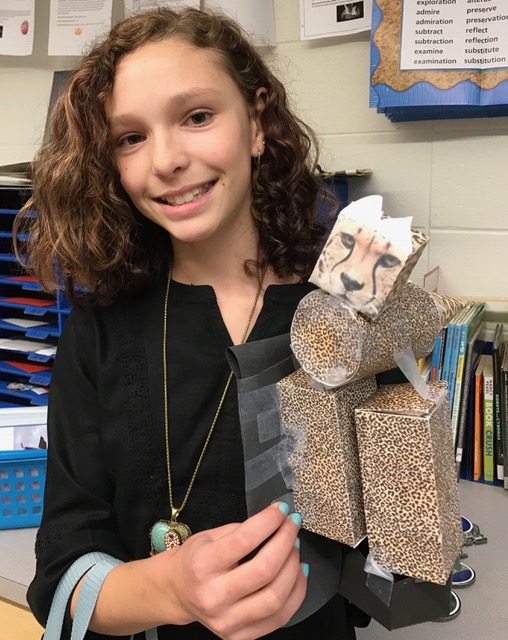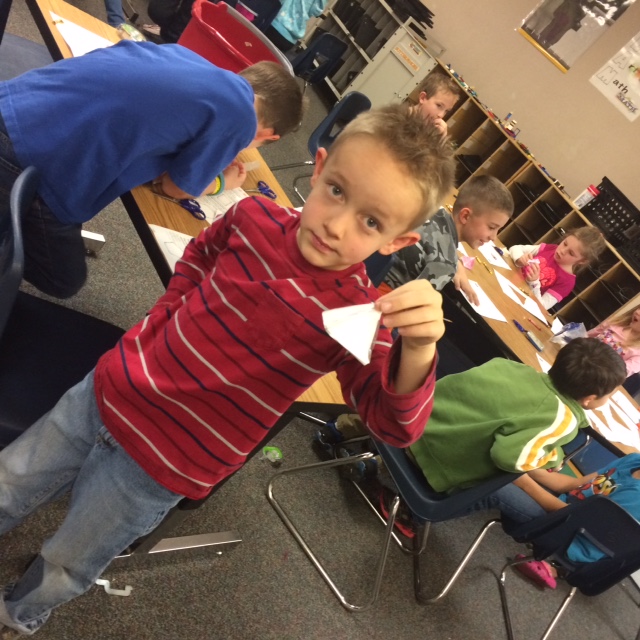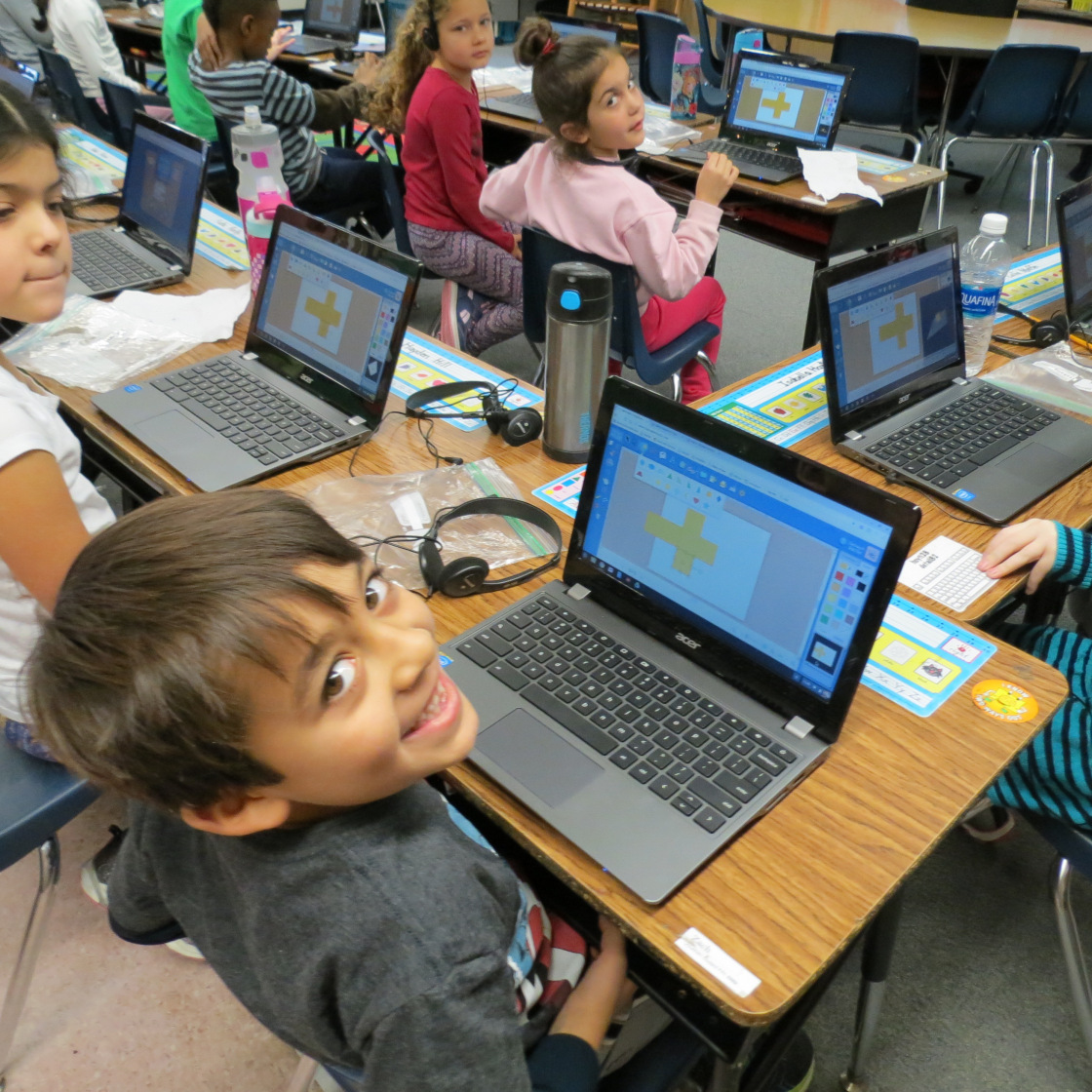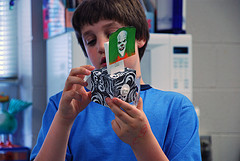Denver and Boston-based Nonprofits Announce Partnership and Grants to Accelerate STEM Learning in Schools Across U.S.
A consortium of organizations in Denver and Boston have announced a new partnership between mindSpark Learning and FableVision Learning to provide students with earlier access to quality STEM education. The two groups are offering a match grant program supported through the Morgridge Family Foundation (MFF) and the Reynolds Center for Teaching, Learning and Creativity (RCTLC).
Denver-based mindSpark Learning — a nonprofit providing innovative professional learning and development nationwide for educators, by educators — and FableVision Learning — a Boston-based K12 educational media and software provider offering creative learning tools, resources, and support — are excited to partner in the Fab@School Match Grant Program.
This grant provides a match of $1,750 per school, supplying each site with:
A year-long school site license for Fab@School Maker Studio web-based, digital fabrication software program — compatible with Mac, Windows, iPad, Chromebooks, and other mobile devices
Digital fabricators
Virtual professional development — overview of the software tools, as well as support for curriculum integration
Significantly discounted annual software license renewals
Interested schools and districts are encouraged to apply for the grant by reaching out to the Reynolds Center (TLCgrants@reynoldsTLC.org).
The Fab@School Match Grant program is designed to accelerate STEM education in schools and libraries across the country by combining professional development and teacher support with a research-based digital design and fabrication software platform.
This grant opportunity is helping provide solutions to the challenges around effective STEM learning, a dream envisioned almost a decade ago by another international coalition of research and education leaders, led by the University of Virginia. Launching the Fab@School initiative, the coalition quickly tapped RCTLC to research and develop a key tool for its research program. After five years of research, prototyping, and testing, RCTLC released the Fab@School Maker Studio early last year. The online-program, designed by Dr. Peggy Healy Stearns, is a digital design and fabrication software platform which uses affordable paper-based fabrication hardware.
Designed as a flexible onramp to meaningful STEM/STEAM learning, this online software introduces an engineering process specifically for use in K-8 classrooms. Easily adapted across grade levels, Fab@School Maker Studio tools allow for the creation of step-by-step and ready-made standards-based projects. Student can also recreate and modify sophisticated inventions from the Smithsonian, which was made possible through an Investing in Innovation Fund (i3) grant from the U.S. Department of Education.
Teachers are reporting the impact Fab@School has had in their classroom.
“Project-based learning with Fab@School Maker Studio is a great way to learn as it allows students to become fully invested in their work, so much so that they forget they are even doing ‘school work,’” Maryann Molishus, an educator at Goodnoe Elementary School, Council Rock School District, Newtown, PA said. “I can honestly say that the students are actively and happily engaged in mathematical conversations at a fifth grade level and more!”
By introducing STEM teaching and learning much earlier on in schools, Fab@School aims to spark critical interest in STEM studies, and prepare students for the careers of the future. According to the U.S. Bureau of Labor Statistics, by 2020 jobs in the STEM field will have grown more than 18 percent over the previous decade; however, the current education system is struggling to produce enough qualified STEM graduates to fill those jobs.
The President’s Council of Advisors on Science and Technology (PCAST) — an advisory group of the nation’s leading scientists and engineers — warned, “It is important to note that the problem is not just a lack of proficiency among American students; there is also a lack of interest in STEM fields among many students. Recent evidence suggests that many of the most proficient students, including minority students and women, have been gravitating away from science and engineering toward other professions. Even as the United States focuses on low-performing students, we must devote considerable attention and resources to all of our most high-achieving students from across all groups.”
The good news is that Fab@School is already reporting measurable progress in meeting this challenge. Research pilots, funded by the Noyce Foundation, demonstrated Fab@School’s efficacy in shifting students’ attitudes about STEM education, including a 30 percent increase in interest in STEM learning after eight weeks of using the software program.
“It’s gratifying to be part of a national initiative that’s really moving the meter on STEM education,” Reynolds Center Founder Paul Reynolds notes, “Since Fab@School is committed to equity and access around STEM opportunities, it’s critical to have partners like mindSpark Learning and Morgridge Family Foundation who can help provide support and funding to give all schools a chance to use the Fab@School program, especially those who may be economically disadvantaged.”


